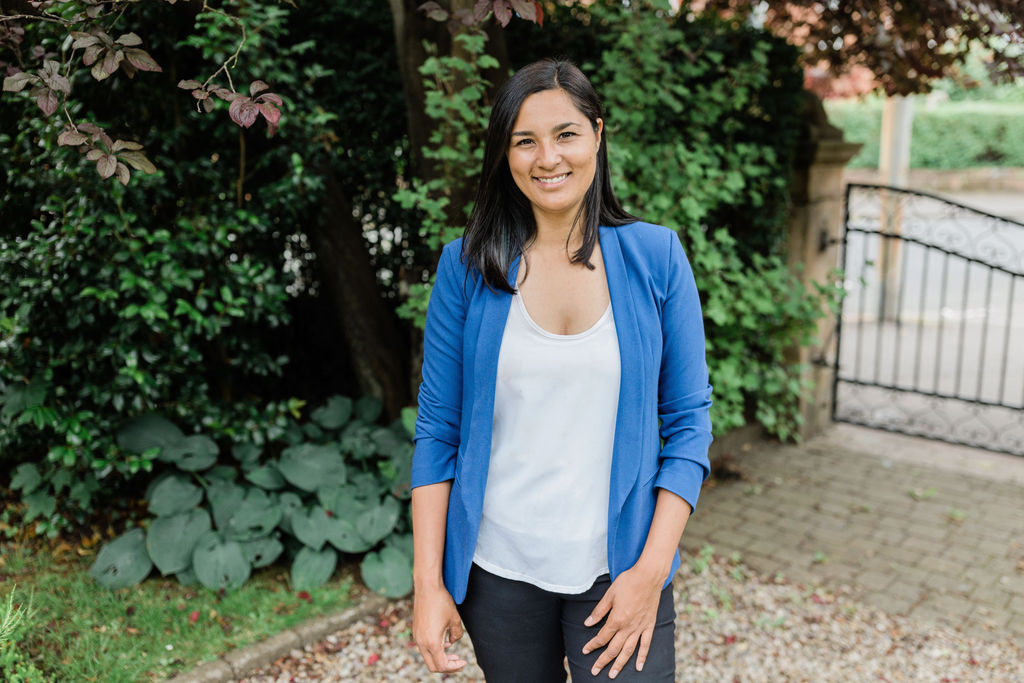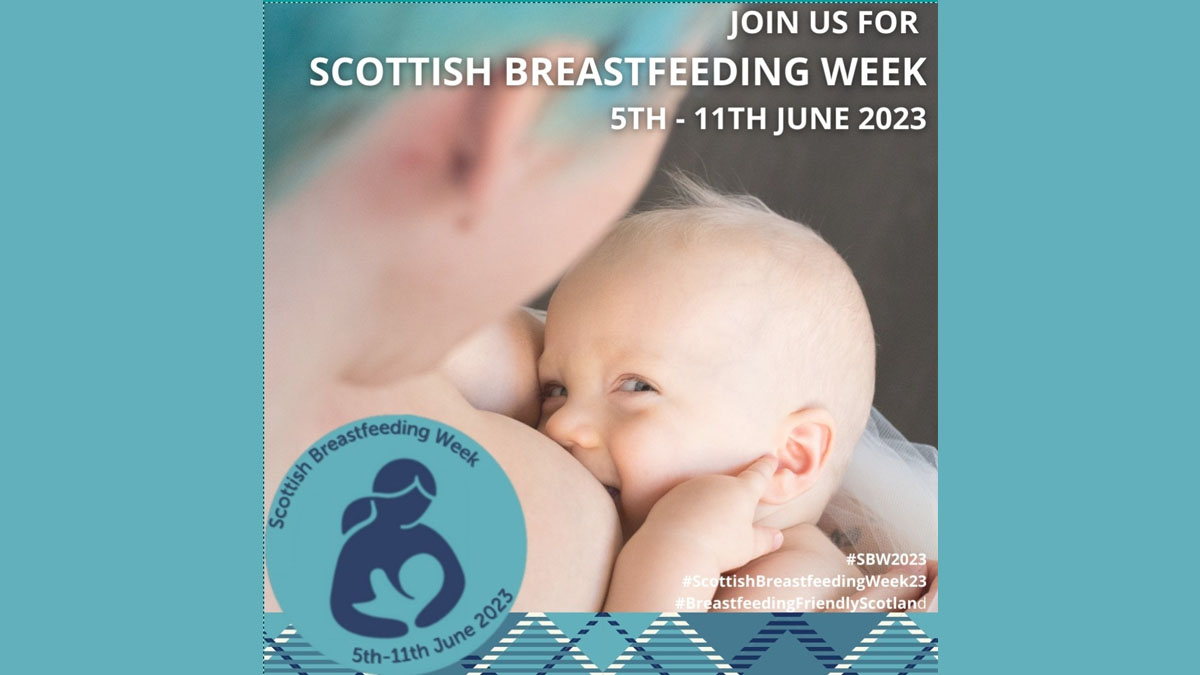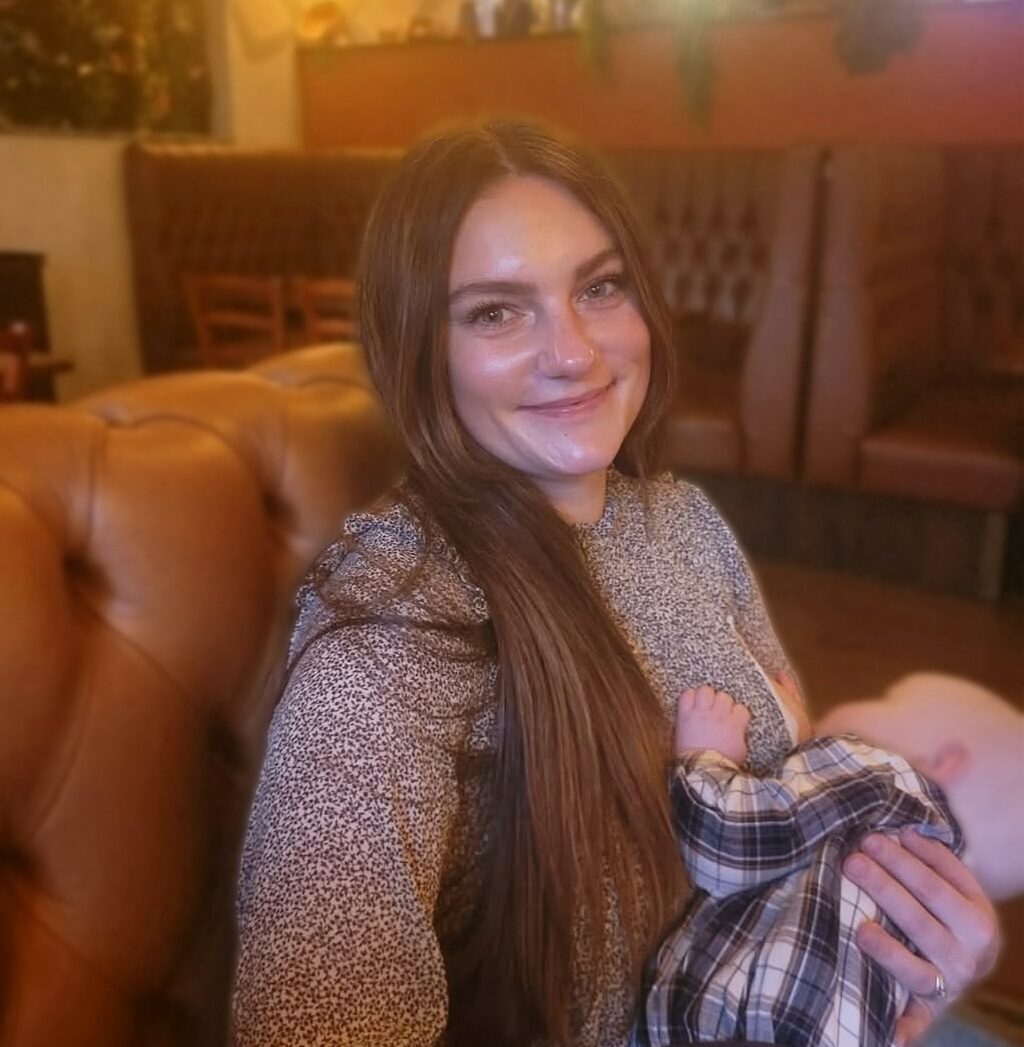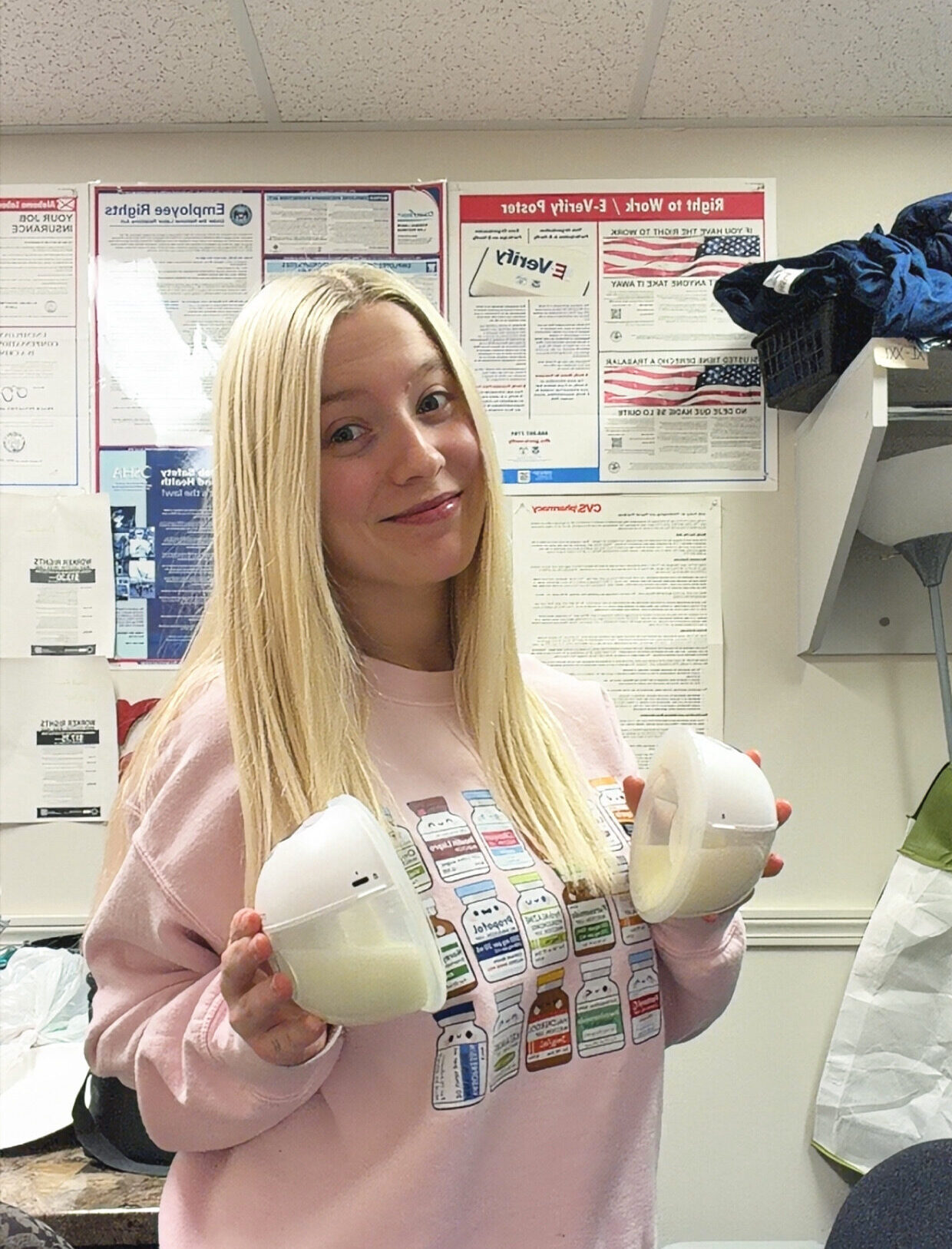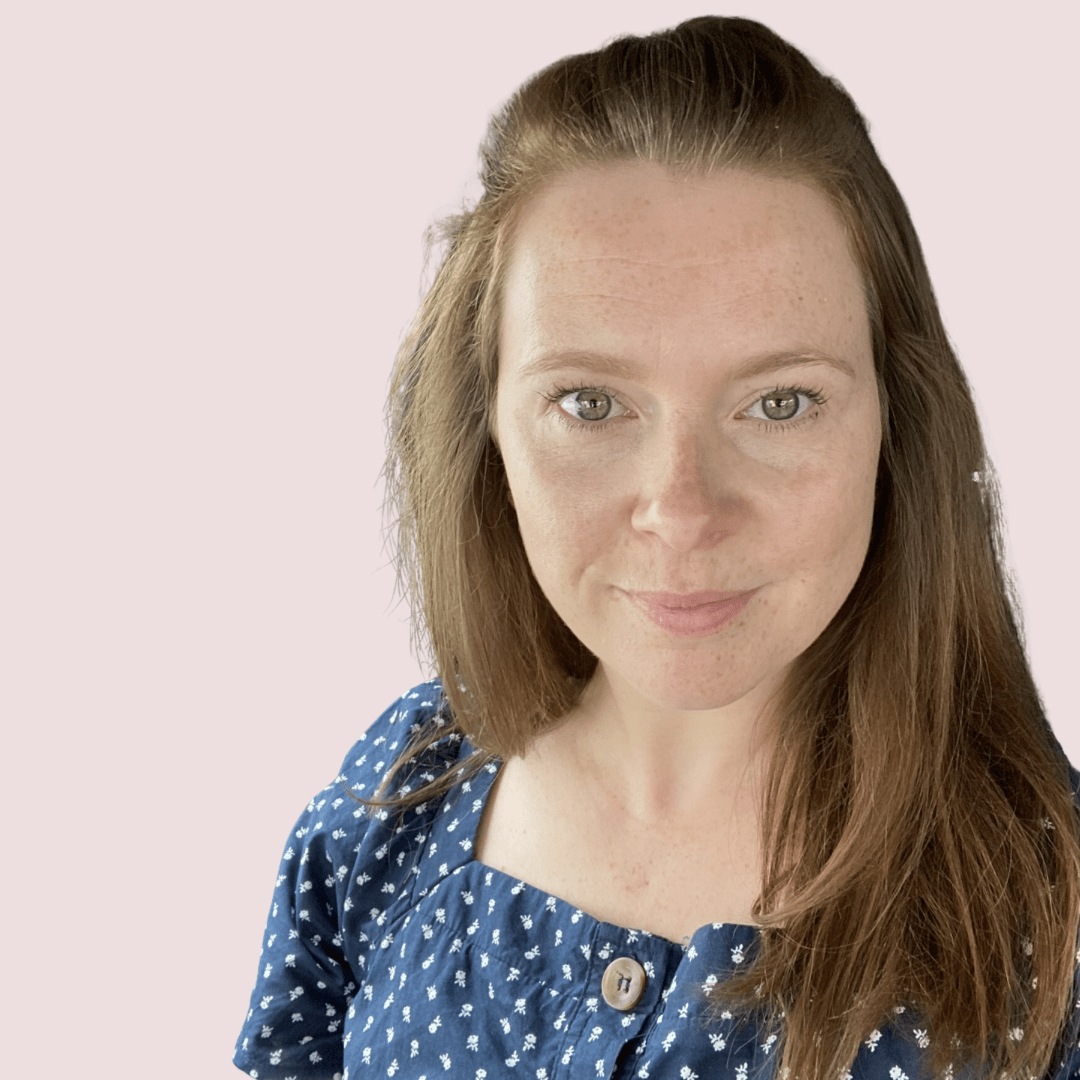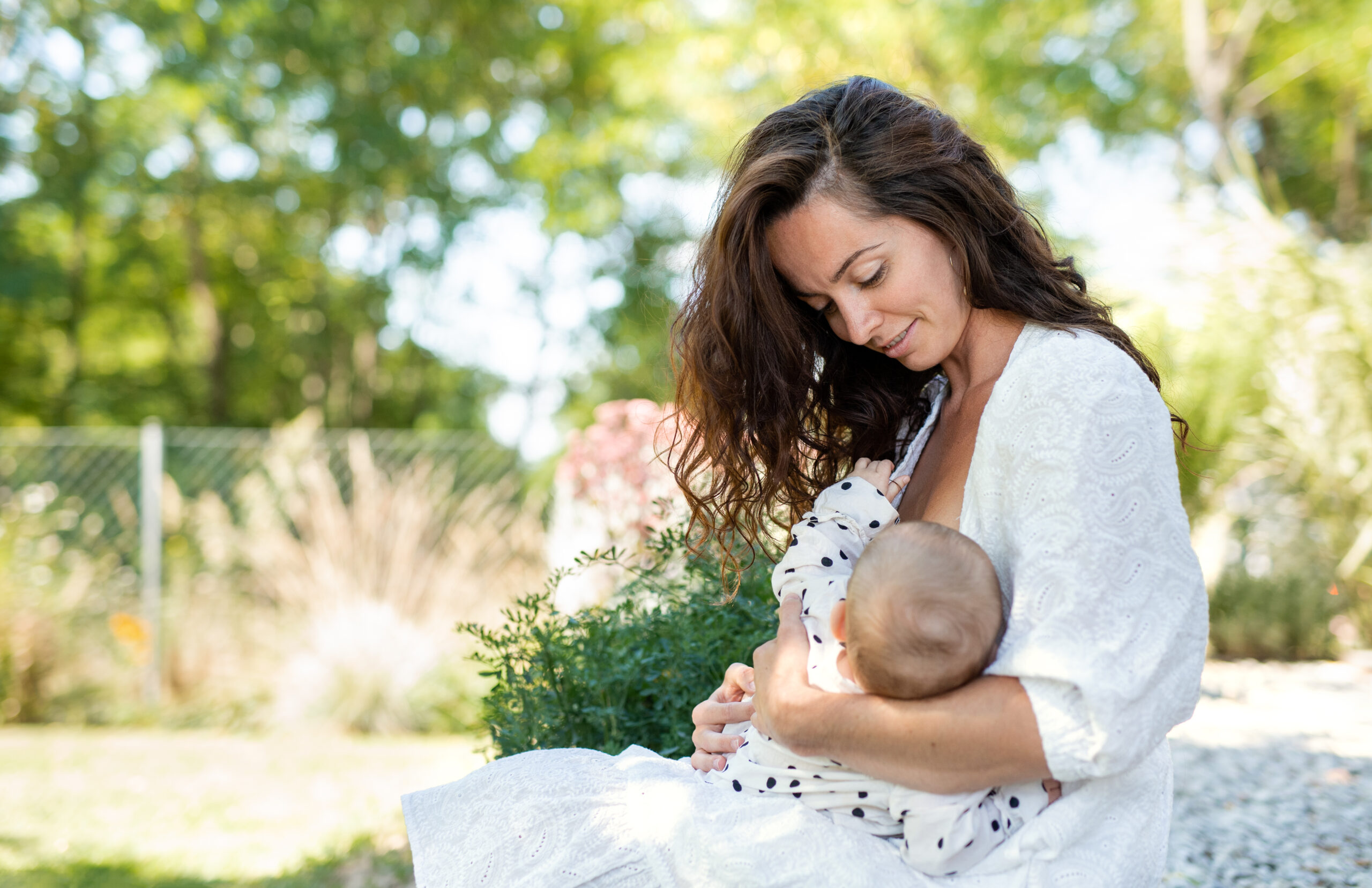Health inequalities within Scotland
Health inequalities are the UNJUST and AVOIDABLE differences in people’s health across the population. In a modern democratic society where we should expected to have equal access to health and opportunities, the reality is that a baby born in one part of Glasgow, is more likely to need hospital treatment, medication, specialist services, or even die younger, than if he were born in a different postcode, to different parents.
Life expectancy in Scotland has recently seen the largest fall since 1980-1982 and is the lowest in the UK countries. Within Scotland there is as much as a 13 year difference in life expectancy in men between the most deprived, and most affluent areas.
What about breastfeeding inequalities in Scotland?
Breastfeeding inequalities mirror the same deprivation trends with postcode. Mothers who are aged 30-34 years are also more than twice as likely as younger mothers aged 20-24 years to breastfeed. They then tend to breastfeed for longer, and more exclusively.
Factors such as education, access to healthcare, available resources, disability accommodations, language barriers and systemic racism count against families across the social gradient.
Breastfeeding rates in Scotland
In Scotland, breastfeeding rates among ethnic minority groups are currently higher than the white Scottish population. However some people moving to Scotland will switch to mix feeding or full formula feeds as there is a perception of it being more socially accepted and aspirational. This can be particularly precarious in low income, asylum seeking and single parent families.
In Scotland, breastfeeding rates among ethnic minority groups are currently higher than the white Scottish population.
At the same time as breastfeeding rates seem to be stagnating, inflation, a cost of living crisis and formula industry greed continue to drive the price increase of first infant milk substitutes.
In 2019 the All Parliamentary Group for Infant Feeding and Inequalities published their survey results demonstrating people in the UK were already going without basic hygiene products to afford formula milk. First Steps Nutrition Trust published their evidence on the cost of first infant milks, showing marked differences depending on brands, despite negligible differences in composition. A pandemic and a cost of living crisis later, families are finding it harder than ever to afford commercial milk for their babies.
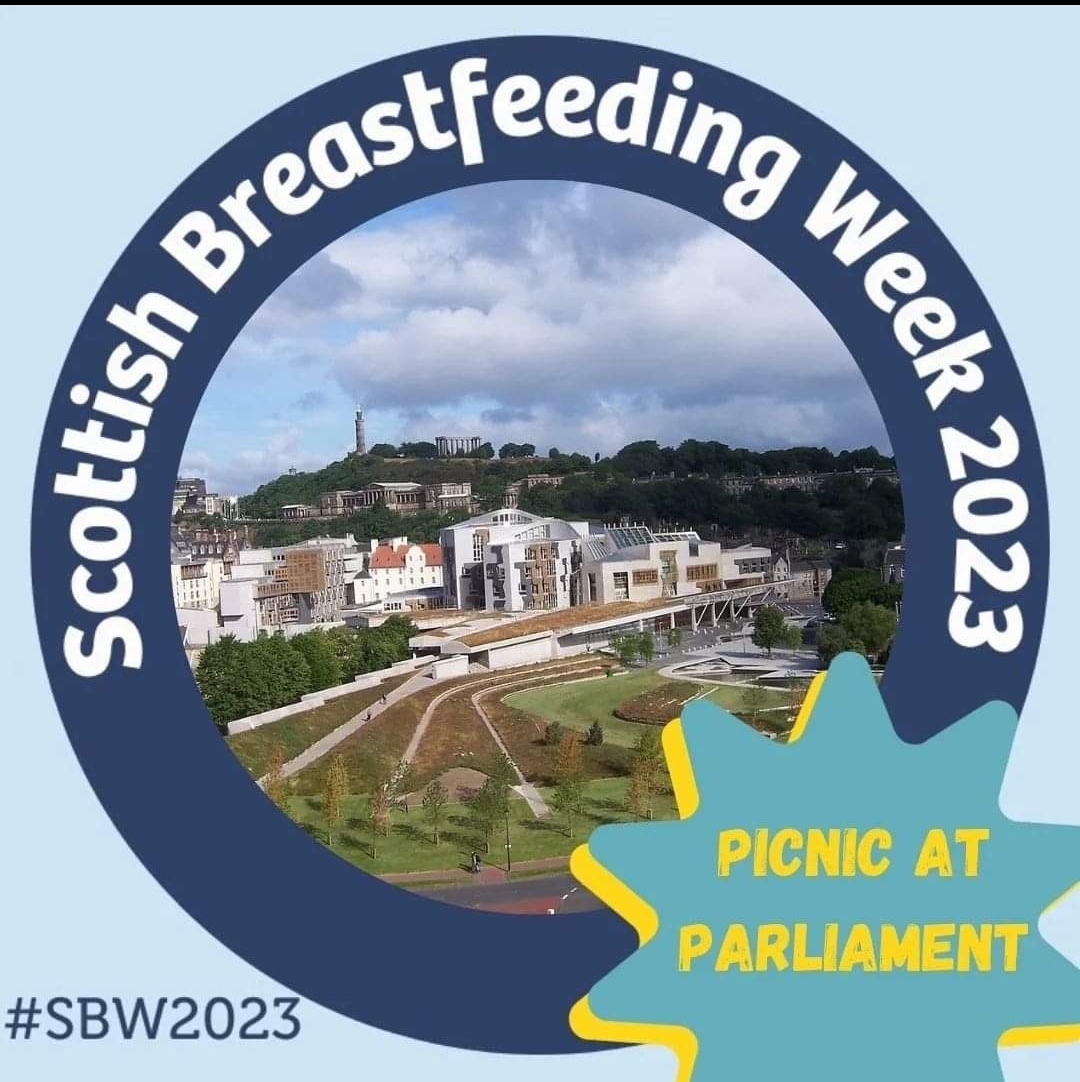 The influence of predatory formula marketing
The influence of predatory formula marketing
2023 began with the Lancet papers demonstrating how predatory formula marketing is. With a $3 billion marketing budget, companies are using ever more egregious methods to promote their products by specifically targeting those seeking breastfeeding support. Facebook groups, chat functions on websites, baby tracker apps, Instagram influencers, all bypass the legal protections in place on marketing of first milks.
Companies fund scientific research to downplay the importance of human milk feeding, spread misinformation via social media and target ads when it registers an account holder is pregnant or of reproductive age. The report found formula companies are creating breastfeeding problems for so many, then selling the solution. All the while knowing that the majority of people who rely on their products, are finding it difficult to sustain.
Supporting healthier nutritional choices
Improving breastfeeding rates can therefore be an important driver for levelling health and social inequalities. Scotland’s diet and healthy weight delivery plan 2018 set out how the Government will work with partners in supporting people to make healthier nutritional choices. It recognised how poor diet and obesity increases the demands on NHS services. It also recognises that high fat and sugar intake in the early years contributes to childhood, and adult obesity.
Improving breastfeeding rates can therefore be an important driver for levelling health and social inequalities.
Human milk feeding and direct nursing has been shown to protect against overfeeding and obesity throughout our lifetimes, as well as the protection to infections. Improving self-efficacy, the belief in oneself that we can overcome difficulties and seek support, is also an important aspect of optimising breastfeeding outcomes for minority, marginalised and disenfranchised groups.
The work of NHS and third sector organisations in Scotland
The work of NHS and third sector organisations in Scotland, usually with volunteer support, has helped improve breastfeeding self-efficacy and continuation rates throughout Scotland, particularly in groups where the breastfeeding rates are historically low. The Assets-based feeding help before and after birth intervention trial supported first time mothers aged 16+ from 30 weeks of pregnancy to 5 months postpartum with text, telephone and face-to-face visits from trained infant feeding helpers in Dumfries and Galloway.
The Eyemouth whole town approach recruited community partners and Breastfeeding in the Borders infant feeding volunteers, integrated babywearing support, local events and weekly meetings to ensure the community was welcoming to breastfeeding. La Leche League leaders in Scotland are running in person and online meetings, while continually updating their online articles to help families find breastfeeding solutions to breastfeeding problems, so parents with internet can access them any time.
Inclusive breastfeeding support in Scotland
Amma Birth Companions have long championed and met the needs of asylum seeking, trafficked, low income, young and single parent families by training volunteers to guide them through the local healthcare system. I have been honoured to work with them this year in their dedicated infant feeding training package.
NHS Highland integrated infant feeding support workers into their standard model of care, and Breast Buddies volunteers continue to create culture change by training and supporting families through meetings, Facebook and text support. Breastfeeding Support Scotland is another inclusive Facebook group which does exactly as it says. Parents can post a feeding question late at night and get compassionate, informed answers.
An over-reliance on unpaid, voluntary roles
While the work is impressive and improving accessibility to breastfeeding information, I am uneasy that much of the work I have discussed here is done by women, unpaid and unheeded. Much like breastfeeding itself which takes time, effort, perseverance and can be undervalued, the work to highlight its importance is also overshadowed by glossy marketing campaigns of formula companies and misinformation.
By continuing to rely on unpaid roles, breastfeeding support excludes the people with experience who know the needs of their communities, but are restricted to volunteering in school hours, term time or out of hours work because of a partner’s schedule. They are filling in the gaps in their own time, on their own dime, often with their own child on their hip. These barriers are excluding knowledgeable, experienced, yet marginalised people from work, and especially those who could support other marginalised families better.
Dedicated government funding and support is crucial
While the Norwegians have included human milk production in their GDP for 30 years, Scotland has a long way to go to recognise the value of breastfeeding to the economy, health and environmental sustainability of the Nation.
Scotland has a long way to go to recognise the value of breastfeeding to the economy, health and environmental sustainability of the Nation.
For the importance of this work to be appreciated, it needs dedicated funding and support from Government alongside robust training and policies for health and social care staff to be able to implement change. The will and the knowledge is there, and I am ever hopeful we will use it to improve child and maternal health in Scotland.
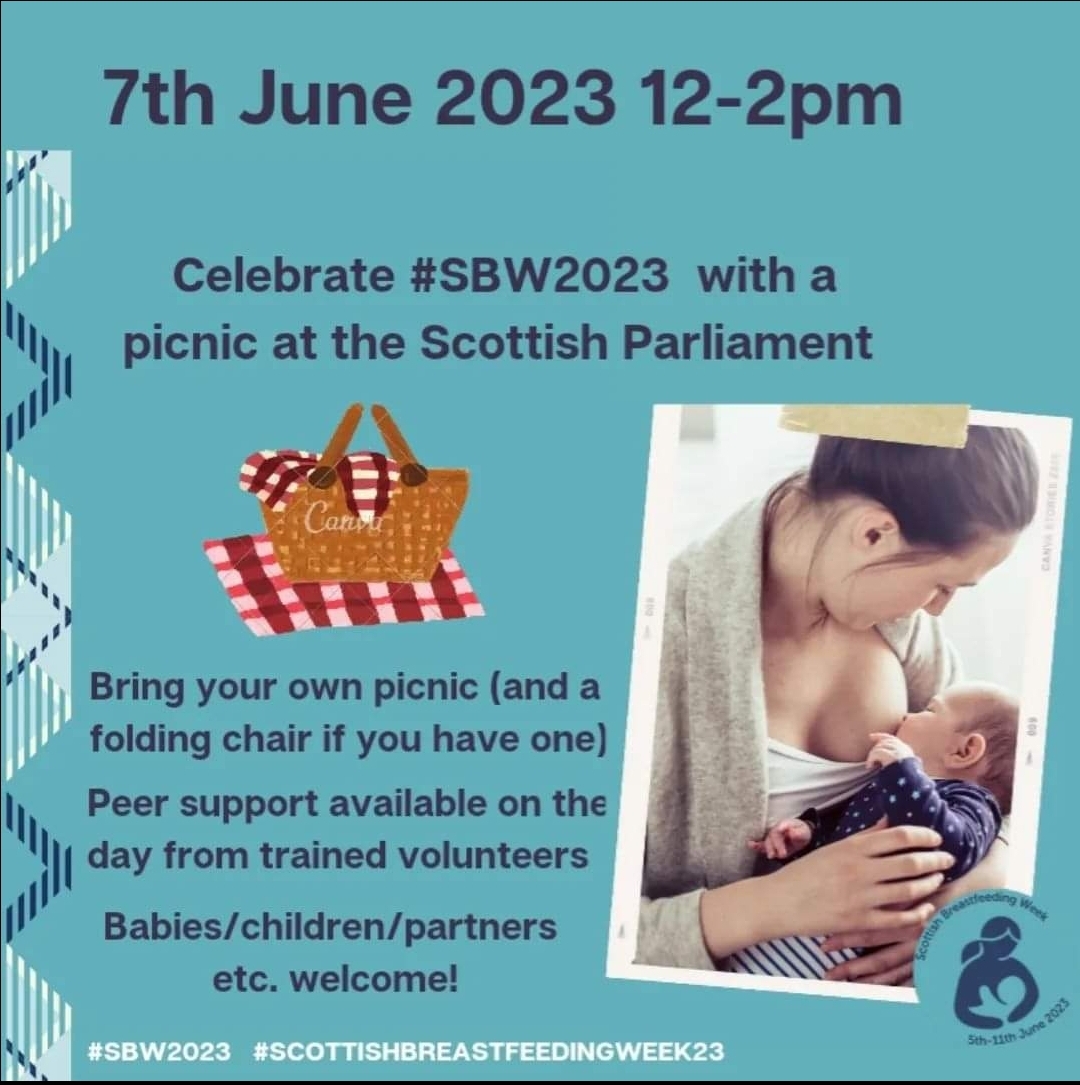 Picnic at Parliament, 7th June
Picnic at Parliament, 7th June
To mark Scottish Breastfeeding Week, La Leche League Edinburgh have rallied families, third-sector organisations and NHS Lothian infant feeding team members. We will be gathering at a Picnic at Parliament where we will meet with notable figures including the Health Minister for Scotland. We hope to see many of you there on 7th June!
I would like to thank the Authors of the Breastfeeding and Inequalities Quality Improvement Toolkit for their incredible and important work and for allowing me to share it for the purposes of this article.
Lesleyann Currie: Infant feeding lead (Glasgow South) NHS GGC,
Phillipa Rewaj: Breastfeeding Network, Western Isles Peer Support Co-ordinator,
Jocelyn Smith, Breastfeeding Buddies Coordinator, Home-Start, Perth and Kinross,
Mairi McLachlan: Health Improvement Senior (Maternal and Infant Nutrition) NHS GGC,
Emma Williams -Advanced Public Health Practitioner (Maternal and Infant Nutrition) and Peer Support Service Manager – NHS Grampian.
Discover more articles by Dr Justice Reilly IBCLC
Discover more breastfeeding articles by Dr Justice Reilly IBCLC




